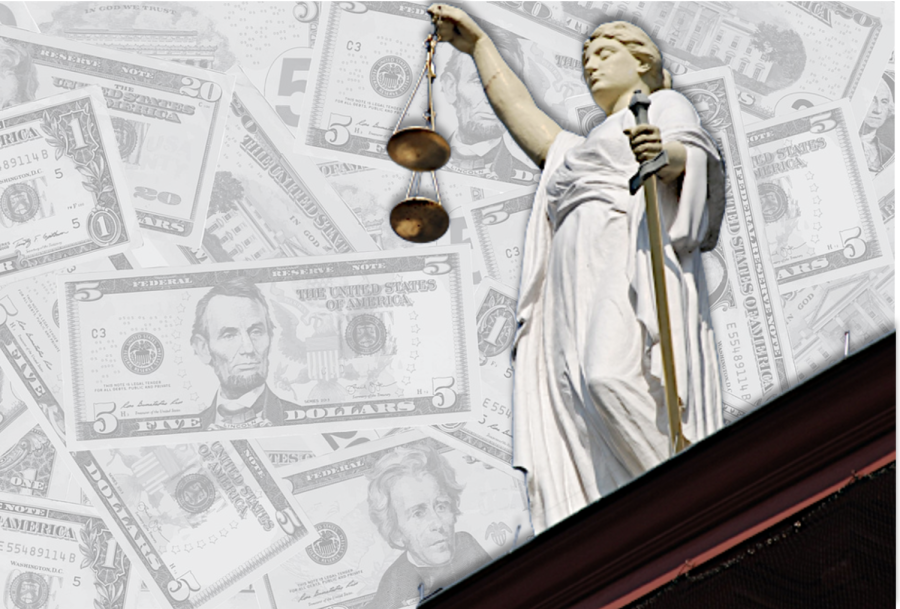Why is New York Scaling Back Criminal Justice Reform?
In 2019, New York passed a criminal justice reform bill that radically changed the landscape of pretrial detention in the state. Hailed as one of the most liberal bail reform measures yet taken in the US, this bill is set to be overturned by Governor Hochul in the coming days.
According to the Vera Institute of Justice, the bill, which took effect (very recently) in January 2020, eliminated the use of cash bail for almost all arrests, except for some violent crimes. Cash bail has historically made it so one’s pretrial freedom depended on their ability to pay an (often hefty) sum of money. Essentially, those of limited financial means are likely to be locked up due simply to their lack of ability to pay. In a country whose judicial system relies upon the ideal of “innocent until proven guilty,” this logic makes no sense, as under a cash bail system, poor people, and often Black and brown people especially, are considered guilty until proven innocent, and are thus unduly placed in dangerous confinement before their trial has even begun.
Proponents of bail reform cite not only the ethical flaws of the cash bail system but also the drain of resources that locking up non-convicted arrestees takes on the state and federal governments. According to the Brookings Institute, local government spending on incarceration and policing has led to cuts and general underfunding in important sectors such as education, mental health services, infrastructure and food benefits, to name a few. So, even if you don’t care about the ethics of over-policing and mass incarceration, the military-industrial complex doesn’t even make much sense economically. Furthermore, according to the New York Civil Liberties Union, the 2019 bail reform law has been generally effective as measured by appearances in court.
Even in light of the benefits of the bail reform law, lawmakers in New York have pushed back against the 2019 bill, citing rising crime and public dissatisfaction with the outcome of its passage. For example, according to a 2022 Politico article, Mayor Eric Adams immediately rolled back sections of the reform bill after it was passed, even urging for stricter bail requirements and more teens to be tried as adults. Governor Hochul is pushing for even more extreme rollbacks as well. While crime in New York City has in fact been rising steadily over the years, this is not reflective of the broader state of New York, and the data used by New York’s leaders such as Adams and Governor Hochul are often cherry-picked to uphold their politically-motivated rejection of criminal justice and bail reform.
While it is easy to get wrapped up in the political implications of criminal justice reform, one cannot deny the clear racial biases in the bail system, with white New Yorkers being twice as likely to be released on bail than Black New Yorkers, who are also twice as likely to be forced to spend the night in jail, which often results in loss of work, housing or childcare. Even more upsetting, coerced guilty pleas are more likely to occur for those who are incarcerated pretrial, adding to the racial gap in those wrongfully incarcerated. Since New York is the leading state in the US for wrongful convictions according to the Innocence Project, it is incredible to think that Governor Hochul wants to further decrease equity in New York’s deeply flawed criminal justice system.

Annabel Morris is a senior from Rumson, NJ concentrating in political science and minoring in Middle East & Islamic studies and anthropology. She has...


